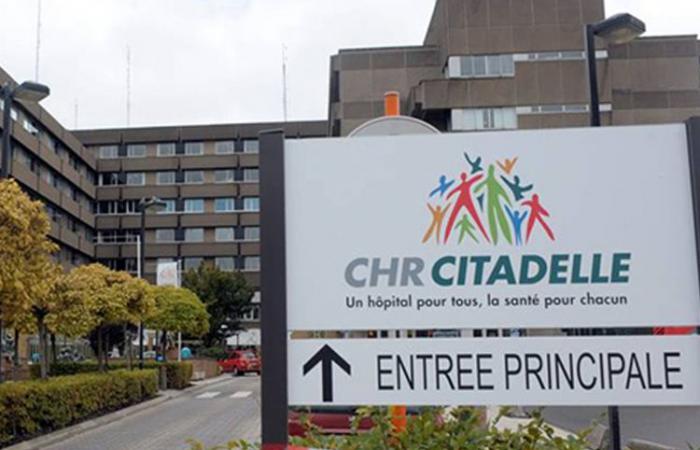The Citadelle hospital in Liège is currently postponing around 15% of non-urgent operations, all disciplines combined, due to the influx of patients with flu-like illnesses into the emergency room, Antoine Gruselin, in charge of public relations, said on Wednesday. at the Citadel hospital.
Since last weekend, the Citadel has been faced with an influx of patients presenting with flu-like illnesses. Which, in a context of shortage of nursing staff, quickly had the effect of saturating emergency rooms. Faced with the lack of beds, the decision was taken to postpone non-urgent operations.
“This type of symptoms is nothing abnormal at this time except that the flu arrived earlier and more intensely this year. We were alerted at the weekend and we were able to see that the other hospitals of the Liège region were experiencing the same situation”, we note at the Citadelle.
So much so that the waiting time in the emergency room is between four to six hours, twice as long as normal, according to the Citadel. In order to reduce this congestion, the Liège hospital is calling on the population to talk more to the attending physician rather than automatically heading to the emergency room.
-The influx of patients with flu-like illnesses in hospitals will be discussed on Thursday at a meeting at the federal level. Depending on how the situation evolves, measures cannot be ruled out.
Access to all features is reserved for healthcare professionals.
If you are a healthcare professional you must log in or register for free on our site to access all of our content.
If you are a journalist or if you wish to inform us, write to us at [email protected].






